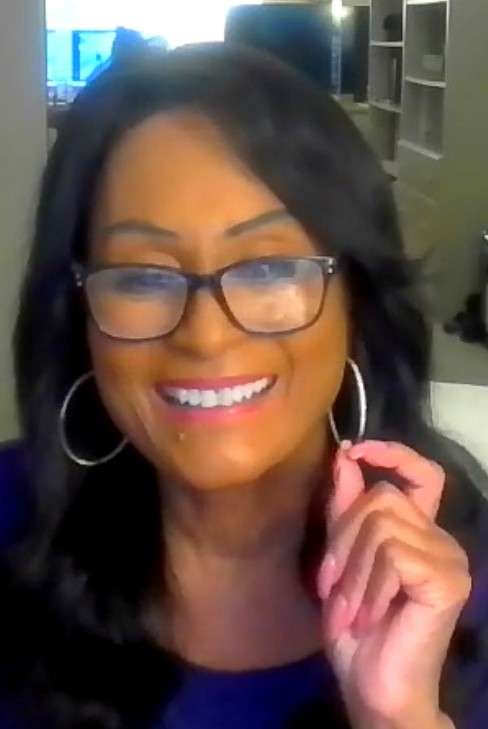Why should you have an estate plan?
An estate plan can provide significant peace of mind by ensuring that your money and property are protected, plans are in place in the event you become ill, and your accounts and property pass down according to your wishes.
What key elements of an estate plan should you consider?
- Do you have a last will and testament or a trust? If you do not have these important documents, state law will determine who will inherit your property—and it may not occur in the way you would have chosen. In addition, someone appointed by the court, instead of a trusted person of your choosing, will be in charge of caring for any children or pets and winding up your affairs. Spelling your wishes in a will or trust will also prevent unnecessary confusion, anxiety, and expense for your loved ones when you are gone.
- Are the proper powers of attorney in place? A financial power of attorney designates an individual to make financial and property decisions (e.g., opening a bank account, signing a deed, getting your mail, etc.) should you become unable to handle your affairs. A medical power of attorney designates a person you trust to make medical decisions when you cannot speak for yourself.
- Ensure that you have an advance directive, also called a living will, which memorializes your wishes concerning your end-of-life care, such as whether you want to receive life support if you are in a vegetative state or have a terminal condition.
- Do you have insurance? Suppose you become incapacitated (unable to manage your affairs) or die. In that case, it is important for your family or loved ones to have information about your insurance (such as life, health, disability, long-term care, etc.) so they can file any necessary claims. Having the right coverage is also essential if you become ill or die, leaving behind loved ones who rely on your financial support.
- Compile a list of all of your accounts and other important information that may be needed to manage your accounts and property while you are incapacitated or to settle your affairs after you are gone. Keep this information in a safe place and share the location only with trusted family members or other loved ones. This list should include at least the following information:
- bank and investment accountstitles to vehicles and homescredit card accounts or loansdigital accounts (such as Facebook, LinkedIn, and Twitter) and passwords
- Social Security card, passport, and birth certificate
- A list of legal, financial, and medical professionals who have performed services for you is also important. The list should include their contact information so your loved ones can easily reach them if you need the professional’s help. You should also have HIPAA authorization from medical professionals to ensure your loved ones can obtain the required information.

Francine D. Ward
Attorney-at-Law, Author, Speaker
Follow Francine:
Don’t miss Francine’s Latest Blogs:
- Life PillarsLife Pillars — A New Beginning Life Pillars. A New Beginning. With every new year, folks feel the pressure to start afresh. There is a desire to reinvent themselves, to… Read more: Life Pillars
- End of Year ReflectionsEnd of year reflections. As 2025 came to an end, I found myself thinking about what was important to me. What kept rising to the surface were spirituality and service.… Read more: End of Year Reflections
- Living Life on PurposeLiving Life on Purpose I just turned 73 and found myself reflecting on my life, in light of all that’s happening around me. It wasn’t about being dramatic or thinking… Read more: Living Life on Purpose
- Declutter Home.From Chaos to Calm: Why Decluttering is a Gift to Yourself and Your Family Declutter home. How often do we think of decluttering as simply “cleaning up” a messy or… Read more: Declutter Home.
- snapshot of youA Snapshot of YOU! Health and Finance, a snapshot of you. This is another blog addressing Part 3 of the Esteemable Acts Vision and Values Worksheet Series. It is your… Read more: snapshot of you

